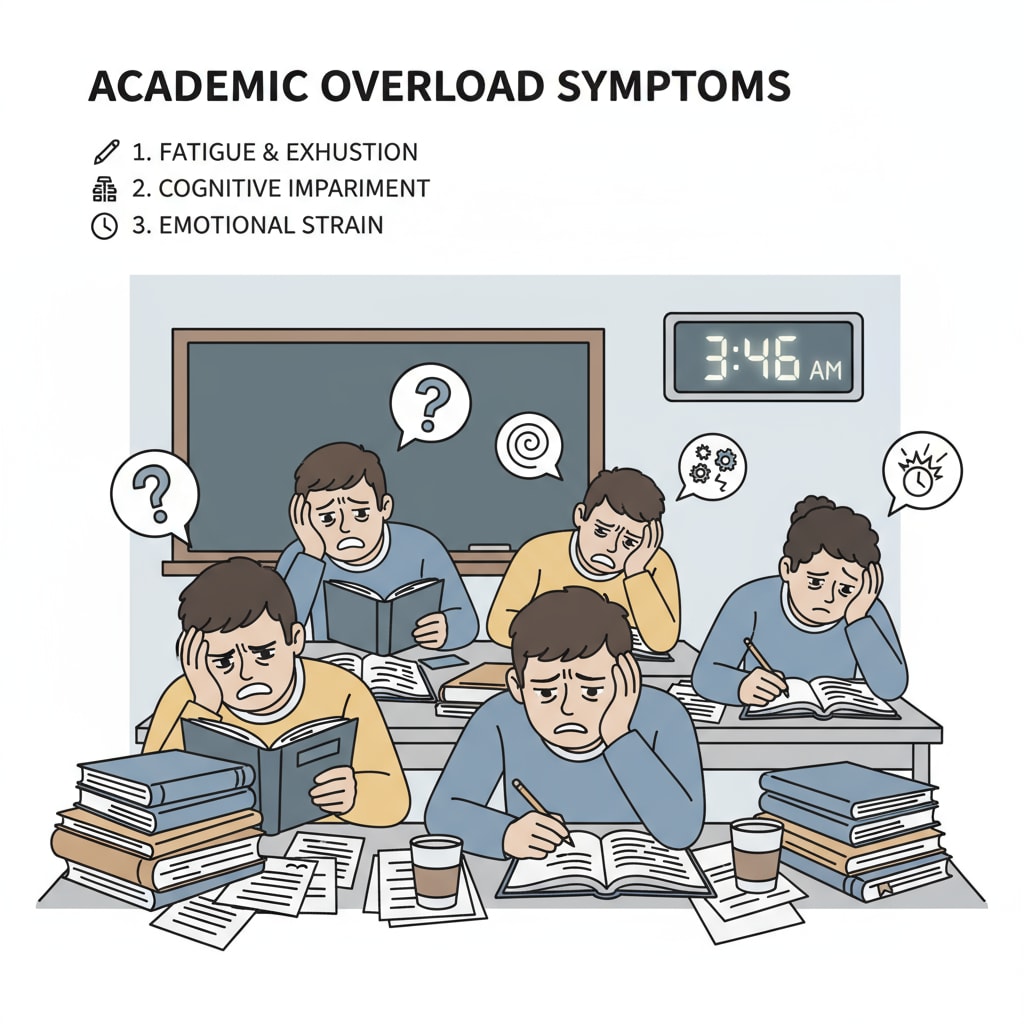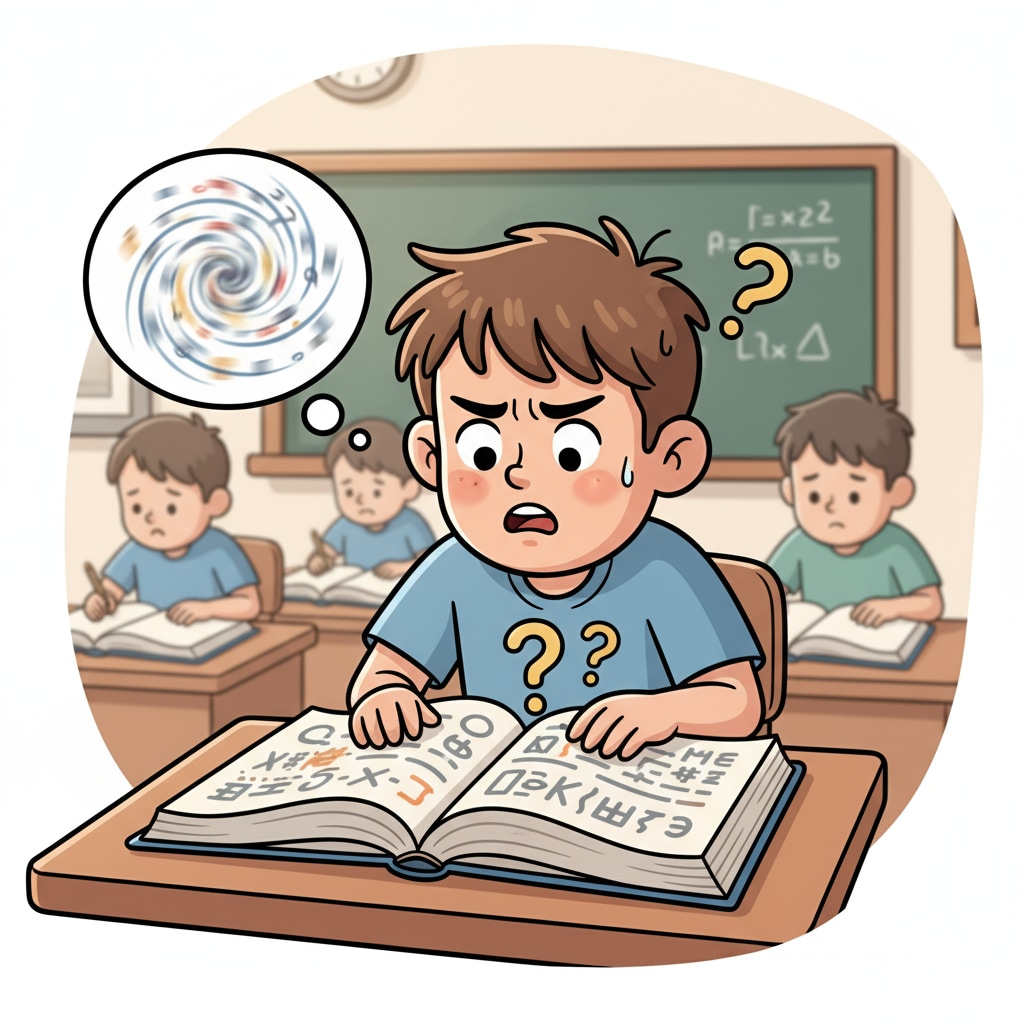Learning disabilities, mental exhaustion, and self-loathing often go hand in hand for students in the K12 education system. These issues can significantly impact a student’s academic performance, mental health, and overall quality of life. In this article, we will explore the causes, effects, and potential solutions to help students break free from this cycle.

The Burden of Learning Disabilities
Learning disabilities are neurological disorders that affect a person’s ability to acquire, process, store, and respond to information. According to the National Institute of Neurological Disorders and Stroke Learning Disabilities Fact Sheet, these disorders can manifest in various ways, such as difficulties with reading, writing, math, or attention. Students with learning disabilities often struggle to keep up with their peers, which can lead to feelings of frustration, inadequacy, and self-doubt.

Mental Exhaustion: The Hidden Toll
In addition to the academic challenges, students with learning disabilities often experience mental exhaustion. The constant effort required to keep up with schoolwork, combined with the pressure to succeed, can take a toll on their mental health. Mental exhaustion can lead to symptoms such as fatigue, irritability, and difficulty concentrating. As stated by the American Psychological Association Understanding Mental Exhaustion, it can also have a negative impact on a student’s motivation and engagement in learning.
Self-loathing is another common consequence of learning disabilities and mental exhaustion. When students repeatedly struggle to meet academic expectations, they may start to blame themselves for their difficulties. This can lead to feelings of worthlessness, self-hatred, and even depression. It is crucial to address these negative self-perceptions to help students regain their confidence and self-esteem.
Readability guidance: As we can see, learning disabilities, mental exhaustion, and self-loathing are interconnected issues that require a comprehensive approach. In the following sections, we will explore some strategies to help students overcome these challenges and thrive in their educational journey. We will focus on creating an inclusive educational environment, developing personalized learning strategies, and providing psychological support.


